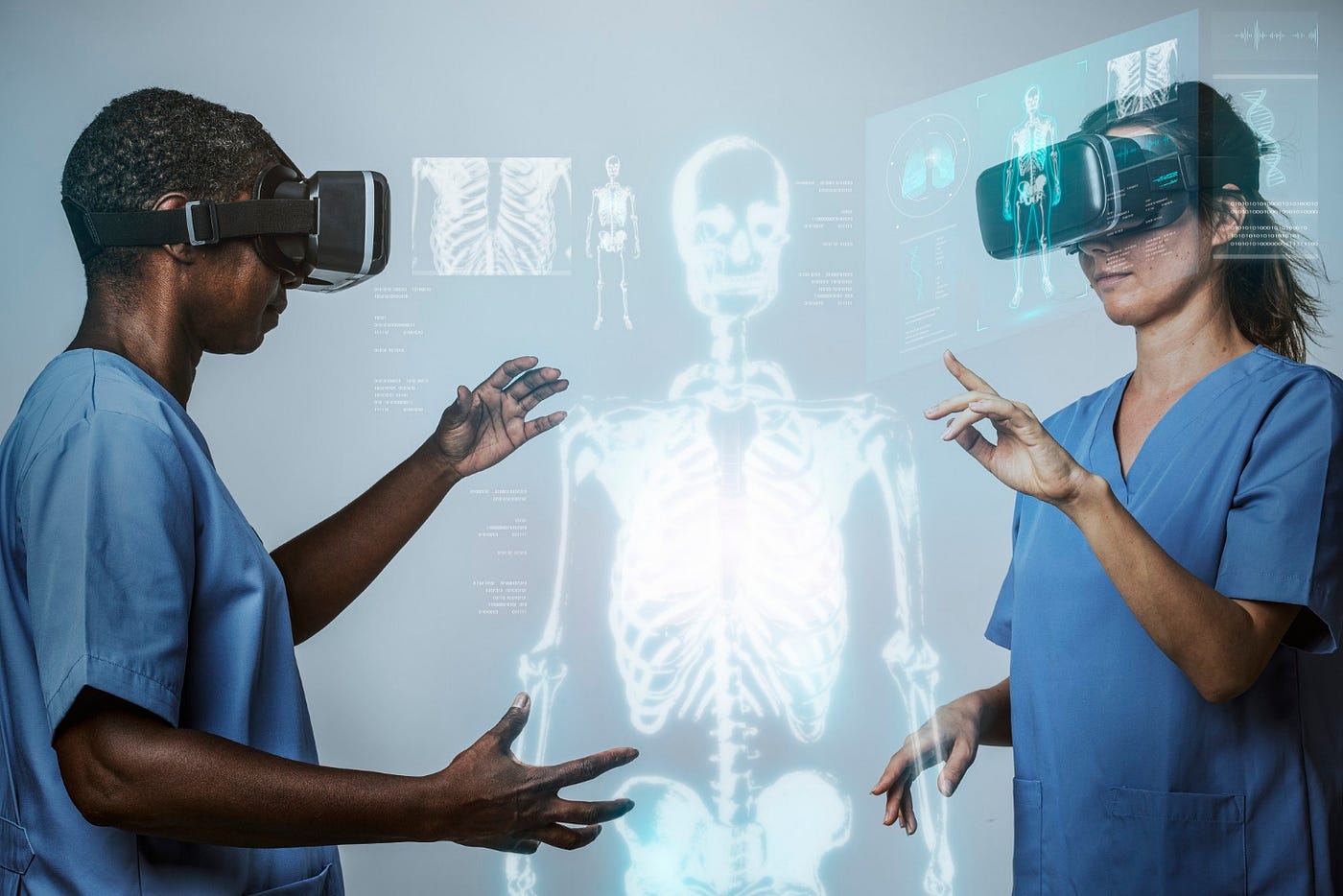
Deep Tech-Powered Pharma Disrupting Healthcare and Life Sciences Industries
The pharmaceutical industry has always played a crucial role in healthcare and life sciences but is now poised to disrupt several domains.
With advancements in emerging technologies and the increasing availability of data, pharmaceutical companies are leveraging innovative approaches to drive progress, retain competitive advantage, and improve patient outcomes.
Global Market Trends
According to a recent Statista report, the evenue in the Pharmaceuticals market is projected to reach US$1,115.00bn in 2023. Revenue is expected to show an annual growth rate (CAGR 2023-2028) of 5.80%, resulting in a market volume of US$1,478.00bn by 2028, with oncology being the largest contributor.
According to the GlobalData’s Deals Database, M&A activity has shown a minor dip in Q3 2023, however it remains robust with 174 M&A deals worth a total value of $16.8bn for the US market, according to The $7.3bn acquisition of Reata Pharmaceuticals by Biogen was the industry’s largest disclosed deal.
Deep Tech Arsenal
Computational pharmacology is playing a crucial role in drug development. By applying computational methods to study drug interactions, mechanisms, and pharmacokinetics, researchers can better understand how drugs work and optimize their efficacy and safety profiles.The combination of this technique with other AI tools has the potential to significantly reduce the drug development life cycle, change the competitive landscape, unlock novel therapies and address unmet medical needs.
In silico clinical trials allow researchers to simulate and predict the safety and efficacy of drugs before conducting costly and time-consuming clinical trials. This novel approach not only saves resources but also expedites the delivery of new treatments to patients.The use of synthetic data is also gaining traction in the pharmaceutical industry. By generating artificial data that mimics real-world data, researchers can overcome limitations in data availability and privacy concerns. Leveraging synthetic data allows for more robust analysis and modeling, leading to better insights and decision-making.
Semantic web analysis is another powerful tool that pharmaceutical companies have in their deep tech arsenal. By extracting and analyzing data from the web, researchers can gain valuable insights into disease patterns, treatment outcomes, and patient preferences. This information can inform drug development strategies, improve clinical trial design, and enhance patient care.
Digital Twin technologies are another exciting development in the pharmaceutical industry. Researchers can optimize drug development processes, enhance pharmacologic safety and personalize treatments by creating virtual replicas of physical drugs or patients. These advanced capabilities set the foundation for a new era in the pharma industry.
Generative AI has attracted increased pharma investments, as it can reshape drug design, drug commercialization, post-marketing surveillance, and improve overall operational efficiency for the pharma ecosystem.
Federated learning is another collaborative approach to machine learning that is gaining traction in the pharmaceutical industry. It allows multiple organizations to train models without sharing sensitive data, addressing privacy concerns while benefiting from collective knowledge. This approach can accelerate research and development and drive innovation in the industry.
Genomics and Multiomics-powered targeted therapeutics is another area where the pharmaceutical industry is making significant progress. By developing drugs customized to an individual's genetic makeup, researchers can deliver personalized treatments that are more effective and have fewer side effects. This approach has the potential to revolutionize patient care and improve treatment outcomes.
Nanomedicine is another discipline where the pharmaceutical industry is making exponential strides. Using nanotechnology, researchers can develop targeted drug delivery systems that improve treatment efficacy and minimize side effects. This approach has the potential to revolutionize drug delivery and enhance patient outcomes.
Blockchain technology has demonstrated significant benefits in the pharmaceutical industry, particularly in the supply chain. By implementing blockchain technology, companies can enhance transparency, traceability, and security in the drug supply chain, reducing the risk of counterfeit drugs and ensuring patient safety.
Leveraging Metaverse capabilities is also being explored in the pharmaceutical industry. By creating virtual environments that simulate real-world experiences, researchers can collaborate more effectively, share data and insights, and accelerate the pace of innovation. This virtual, immersive collaboration has the potential to transform the way drugs are developed and tested, leading to more efficient and effective treatments.
Brain-Computer Interfaces (BCIs) are another emerging technology that has the potential to reshape healthcare and life sciences. BCIs allow for direct communication between the brain and external devices, opening up new possibilities for treating neurological disorders and enhancing human capabilities. In the pharmaceutical industry, BCIs could monitor brain activity and response to medications, enabling personalized treatment approaches and improving patient outcomes.
The convergence of these disruptive technologies will likely drive the future of research and development in the pharmaceutical industry. As the industry continues to embrace computational methods, AI, and innovative approaches, new key performance indicators (KPIs) will need to be developed to measure success and guide decision-making. Traditional metrics, such as the number of drugs in the pipeline or revenue generated, may need to be supplemented with new indicators that capture the impact of these technologies on patient outcomes and healthcare systems.
Budgeting & Finance
Budgeting and financial instruments must also evolve to support these new approaches. Traditional drug development and commercialization models may not be suitable for the rapid pace of innovation and the unique challenges posed by these disruptive technologies. New financing mechanisms, such as public-private partnerships or outcome-based reimbursement models, may be needed to capture the return on investment (ROI) and incentivize the development of innovative therapies.
The pharmaceutical industry is undergoing a significant transformation, driven by advancements in technology and the increasing availability of data. As the industry continues to embrace these innovations, new customized KPIs and OKRs, revised budgeting models, and recalibrated financial instruments will be needed to capture the ROI and ensure sustainability of these advancements.
Trending
-
1 Mental Health Absences Cost NHS £2 Billion Yearly
Riddhi Doshi -
2 Gut Check: A Short Guide to Digestive Health
Daniel Hall -
3 London's EuroEyes Clinic Recognised as Leader in Cataract Correction
Mihir Gadhvi -
4 4 Innovations in Lab Sample Management Enhancing Research Precision
Emily Newton -
5 The Science Behind Addiction and How Rehabs Can Help
Daniel Hall





Comments